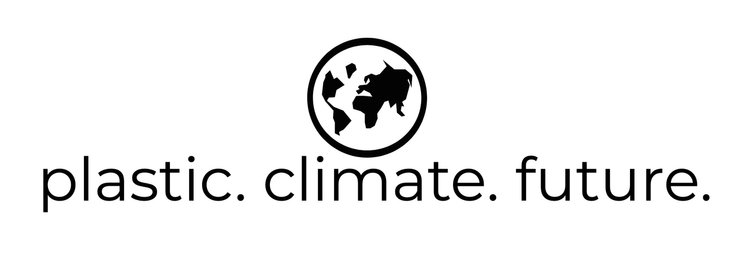If you ever wondered what butter and eggs have in common with thermoplastics and thermosets, then this podcast is for you. Philip Taynton, the CEO from Mallinda, dives with us into the world of new sustainable, recyclable and circular polymer technologies for future composite applications. On that journey, he uses the most creative analogies and tells us why Mallinda is doing “eggs that melt”…
During college, Philip clicked with organic chemistry and found his niche in the world of polymers. It then lead him into co-founding Mallinda, a company that creates a novel and innovative vitrimeric resin system called VITRIMAX™.
In this episode, we get to know Philip’s innovative approach of reversible bond exchange in polymeric networks, which led him to founding Mallinda. He motivated us with his story and explanation to rethink how we design new materials to make them reversible by design and therefore circular. We learned that thinking “out of the box”, by changing the design strategy for plastics through reversible chemistry, will help us to achieve circularity.
You can find out more about Mallinda at https://mallinda.com/or reach out to Philip via LinkedIn.










